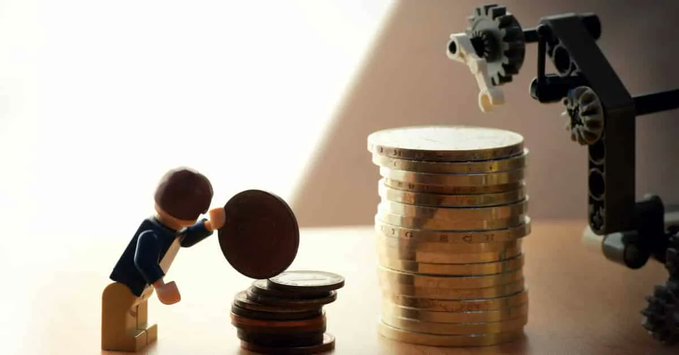
Human capital’—the economic value of our cognitive and noncognitive capacities—is our most important asset. According to recent World Bank estimates, the value of human capital globally amounts to 64 per cent of total capital, while in the advanced-country members of the Organisation for Economic Co-operation and Development it is typically worth four to six times as much as physical capital. Human capital is decisive not only for welfare but also for growth, social mobility and income distribution.
Among these latter variables, the link between growth and inequality has been contentious in economic research. Three or four decades ago, the consensus in the profession was that inequality was beneficial for growth—indeed this was deemed so self-evident that empirical testing was unnecessary. When the matter was eventually investigated, the picture appeared mixed. Most studies however relied on the Gini coefficient—a spectrum between zero and one as inequality ranges overall from non-existent to infinite—as a measure of inequality. But this is a blunt instrument: two societies with the same Gini may be very different, so the lack of stable statistical correlations between growth and the coefficient should have been no surprise.
